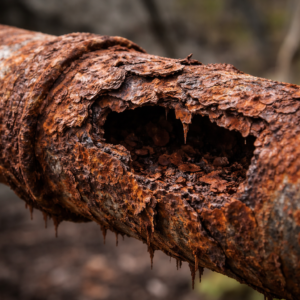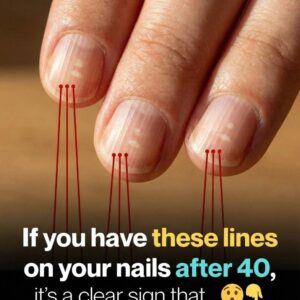If you’ve encountered the term “HT7” while researching your child’s hair, it’s important to know that this reference isn’t related to scalp or hair health at all. HT7, also known as Shenmen or “Spirit Gate,” is an acupuncture point used in Traditional Chinese Medicine (TCM). It’s located on the wrist near the pinky finger and is believed to help support emotional balance, ease anxiety, and promote better sleep. While some practitioners use HT7 to encourage relaxation or reduce restlessness, it has no medical or anatomical connection to the scalp, hair growth, or hair disorders.
When dealing with actual scalp concerns, several common and often harmless conditions may be the cause. Cradle cap (seborrheic dermatitis), for instance, appears in infants as oily, yellowish flakes that usually clear with gentle washing or mild baby shampoo. In older children, dandruff can cause similar flaking, often due to dry skin, mild fungal activity, or product irritation. These conditions are typically easy to manage with consistent care and suitable scalp hygiene.
Other possible causes of scalp irritation include folliculitis, which presents as small red bumps or pustules from inflamed hair follicles—often relieved by avoiding tight hairstyles or harsh products. Eczema (atopic dermatitis) may also appear on the scalp, leading to dry, itchy patches that respond well to moisturizers or medicated shampoos. In contrast, tinea capitis (scalp ringworm) is a contagious fungal infection that causes circular bald spots or scaling and requires prescription antifungal treatment from a doctor.
While HT7 plays a role in holistic wellness within TCM, it’s not relevant to hair or scalp conditions. If your child develops persistent flaking, redness, or hair loss, it’s best to seek advice from a pediatrician or dermatologist. Professional guidance ensures that the underlying cause is identified correctly and treated safely. With proper care and gentle attention, your child’s scalp can remain healthy, comfortable, and free of unnecessary worry.





